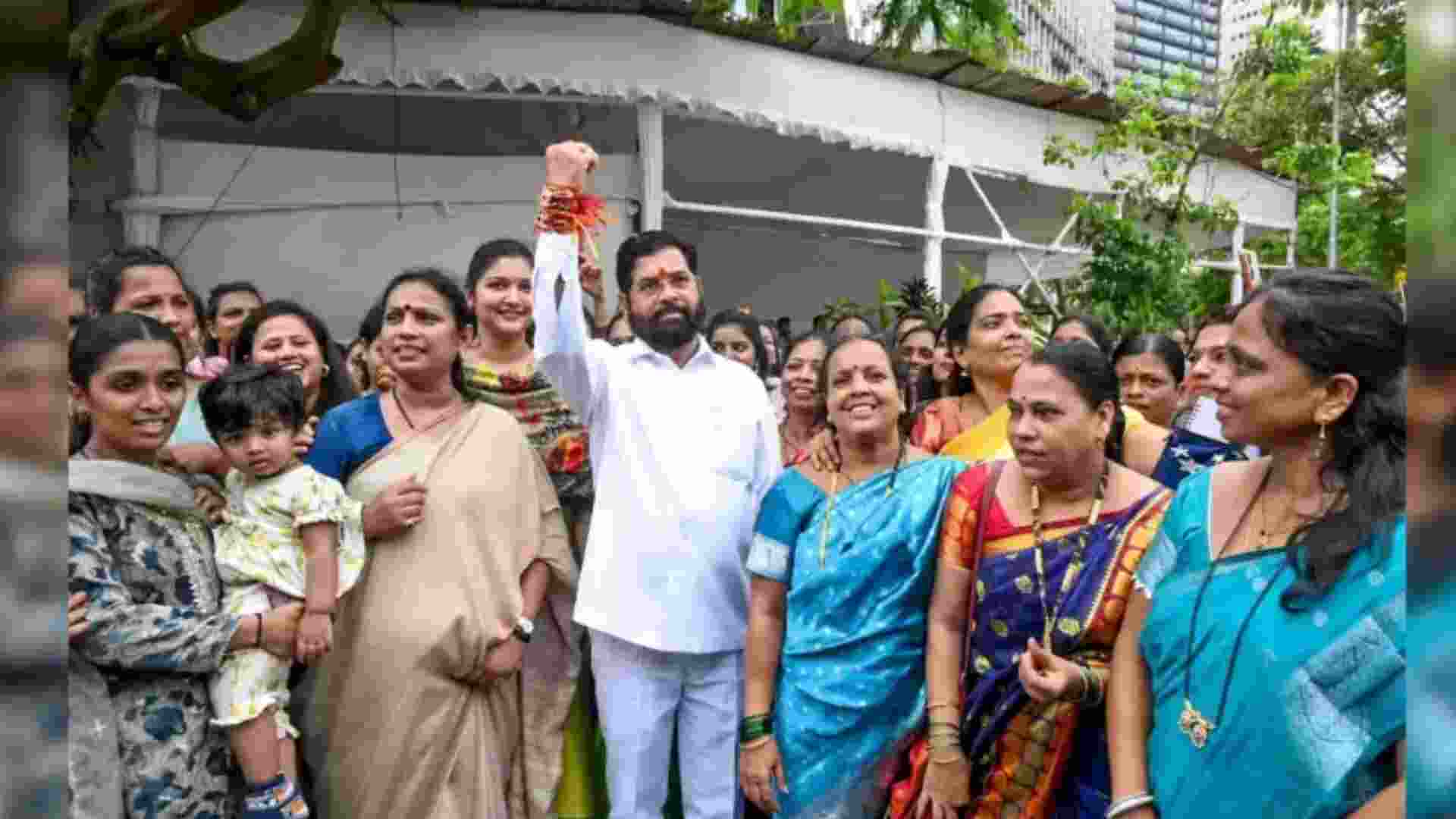The “Ladki Behen” scheme, introduced by Maharashtra’s Finance Minister Ajit Pawar in the recent state budget, has garnered significant attention, particularly among women. Launched in August 2024, the initiative provides a monthly payment of ₹1,500 to eligible women and has attracted over 15 million registrations. However, the scheme has faced opposition-led smear campaigns aimed at undermining its credibility ahead of the upcoming elections.
Scheme Details and Initial Reception
Initially touted as a substantial welfare program for women, the “Ladki Behen” scheme was met with skepticism from critics, who dismissed it as a gimmick. Nevertheless, many women across Maharashtra registered, showcasing their confidence in the program. As registrations surged, opponents shifted their focus to questioning the scheme’s financial sustainability, alleging that the state was borrowing excessively each week to support it, which raised concerns about Maharashtra’s financial health.
Ajit Pawar responded to these claims, stating that the state budget had allocated ₹46,000 crore for the scheme. Despite this assurance, opposition parties continued to spread rumors, alleging non-payment to contractors and negative impacts on state development. Nonetheless, the scheme maintained its popularity among women.
Opposition’s Strategy to Discredit the Initiative
After failing to discredit the scheme through financial arguments, critics resorted to moral accusations, suggesting that the government was “buying” votes with monthly payments. Social media saw a flurry of videos featuring women asking for cheaper LPG cylinders instead of cash. Yet, the timely deposit of funds into beneficiaries’ accounts reinforced their support for the initiative.
In a more direct attack, opposition members attempted to sabotage the registration process. Some set up unauthorized camps with misleading information, while others filled out forms incorrectly to create confusion. BJP MLA Ram Kadam highlighted these issues in the state assembly, accusing opponents of submitting false data to disrupt the scheme. Home Minister Devendra Fadnavis confirmed that technological interference was being used against the initiative, prompting the state government to accept offline applications to ensure beneficiaries received their funds.
Misinformation Campaigns and Government Reassurances
Despite the challenges, over 15 million women successfully registered, and the first two installments were distributed. However, opponents began spreading false warnings, advising beneficiaries to withdraw their money immediately, claiming the government would reclaim it. Senior leaders from the Maha Vikas Aghadi coalition propagated these fears.
To combat this narrative, Chief Minister Eknath Shinde and Deputy Chief Ministers Devendra Fadnavis and Ajit Pawar publicly reassured women that the funds were a “gift” and would not be taken back. They reiterated the government’s commitment to the scheme, emphasizing its significance for women’s welfare.
As elections approach, opposition efforts to undermine the program have intensified. Misinformation has spread online, falsely claiming a ₹5,500 bonus for registered women, despite no official announcement. The opposition also claimed that the scheme was suspended due to the Election Commission’s code of conduct. However, Eknath Shinde clarified that the scheme was only temporarily paused and would resume post-elections, with ongoing deposits into beneficiaries’ accounts.
Government’s Proactive Measures
To mitigate any impact from election-related delays, the Maha Yuti government issued advance payments to ensure continued benefits for women during the election period. This was viewed as a commitment to uphold promises made to women voters. Meanwhile, the opposition has threatened to terminate the scheme if they gain power. Former Chief Minister Uddhav Thackeray stated that if his party wins, they will halt the program and pursue legal action against the current leadership.
As the election date nears, the “Ladki Behen” scheme remains a crucial issue in Maharashtra’s political landscape. Despite ongoing opposition attacks, the program continues to resonate with women, who view it as an essential support system.







